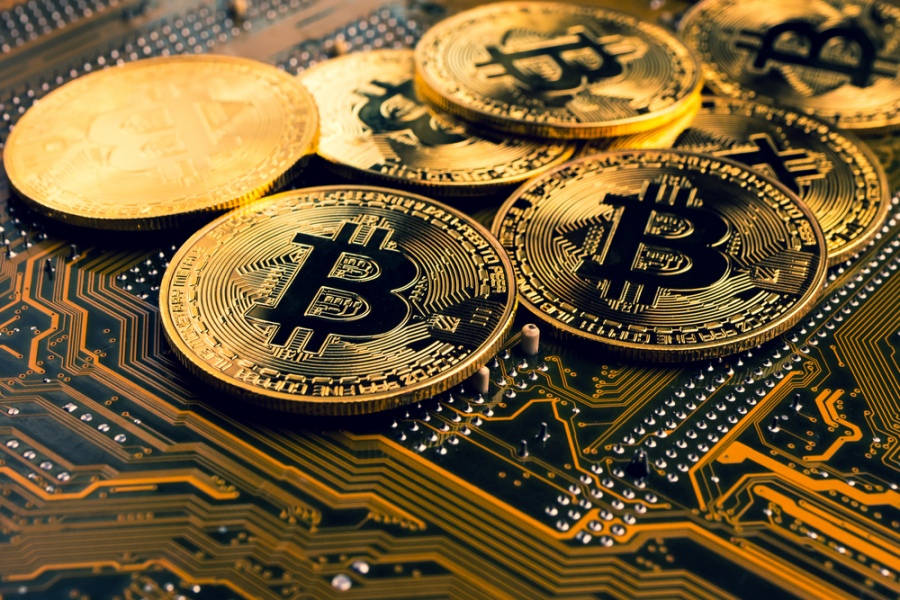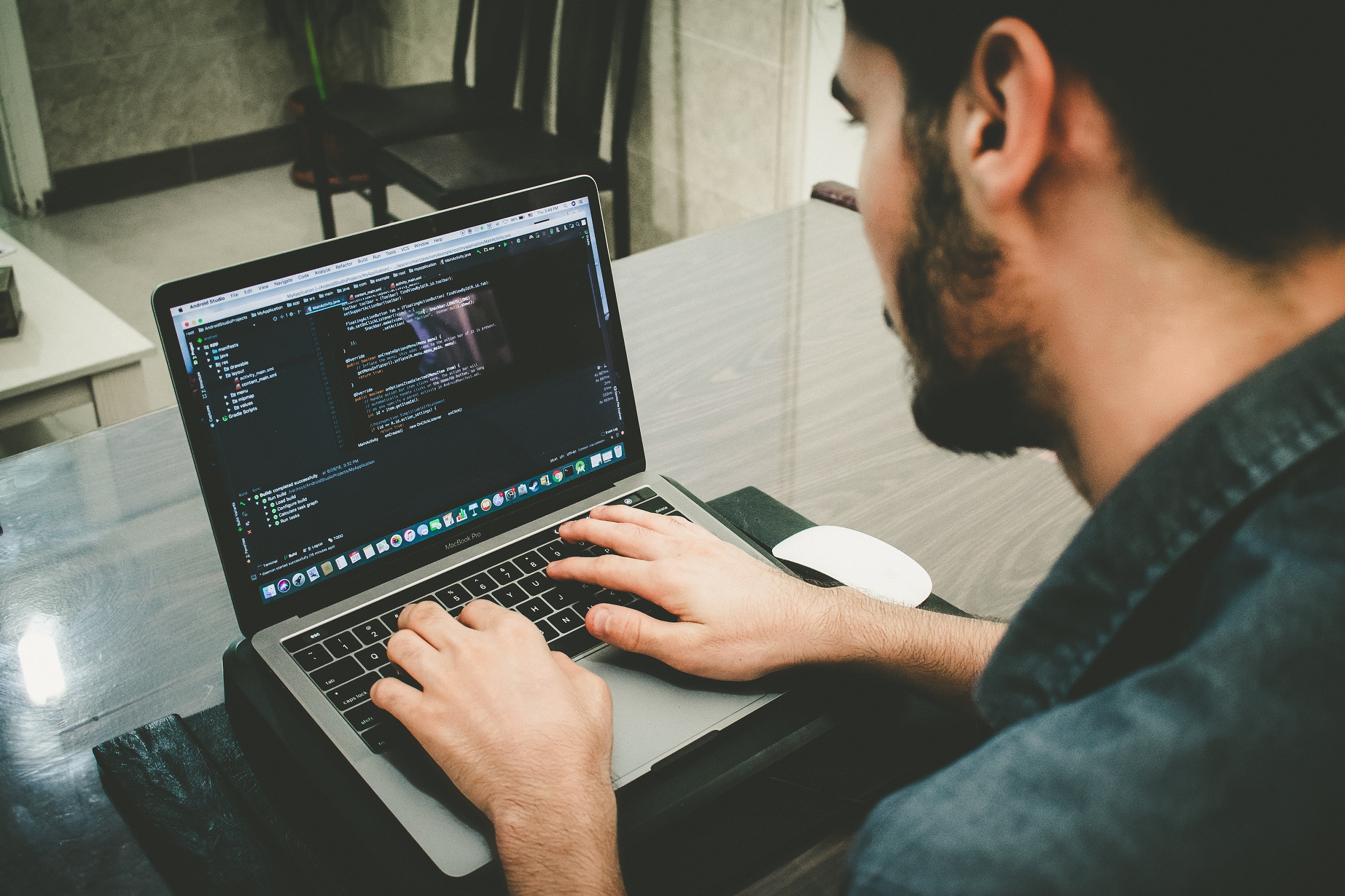Bitcoin is a thriving decentralized currency with a lot of future promises. Presently a striking comparison has been made between property law and bitcoins. Find out what they are and what this means for the world of bitcoins.
Bitcoins have a large similarity to property law rules, these include;
- Signatures
- A chain of title
- Title assurance
Hence one can say that the transfer and receive process of bitcoins is done in such a way as property law. Transferring deed of ownership and revoking ownership rights all of which are public to view within the blockchain. The entire proceeding of bitcoin comes almost as a legal means of owning or renouncing the cryptocurrency’s rights.
If bitcoin serves as or can function as property law, how can one transfer these bitcoins’ identity? We will look at the transferal process of bitcoins that closely resembles a legal property law (which can be found in more detail here Moshes Law). This, therefore, means that bitcoins are not just decentralized currencies, but actual properties people own and can be invested in. From bitcoin identity to bitcoin deeds and integrity, we will explore them to understand bitcoins’ stance.
Bitcoin Identity
For most state-owned and regulated currencies, a body is governing it, the institution that manages it, and then the traders who use it. This system is slightly altered in bitcoins since there is no legal governing body or anybody at all. No institution manages it. With this in mind, one could wonder how a transaction can be made with assurance. Think about this,
If party A claims to have ten bitcoins, and Party C buys out that 10 one minute after Party B has already bought it, who will regulate or ascertain that party A truly has the ten bitcoin, that party B was the first to buy it, that part a has lost the bitcoins right, and that party c can no longer buy ten bitcoins?
This issue is solved by a high-level technology that serves to transfer the bitcoins from person to person while stripping the ownership from the seller to the buyer. This identification process is similar to the usual way we would transfer money but with a slightly different approach. Having everything done online, bitcoin identity is also a matter of online working. Every bitcoin owner comes with a bitcoin address. This address serves or functions as a username which is what the bitcoin technology will read as you. Real names are not used in bitcoins; however, you must have a private and a public key to get this address. These points we will discuss later.
Once a transfer is initiated, the cryptocurrency database serving as the only institute for managing Bitcoin records transactions records that one bitcoin address has made a transfer or trade with another bitcoin address. This is recorded and the address selling, losing its sold bitcoins, and buying is recorded to have added to its bitcoins. This transaction is made public, and the next buyer will be notified of how many bitcoins the seller still has.
Bitcoin Deeds
In the usual transfer of property, the rules are pretty simple, draw up a deed containing signatures, transfer, receiver, and transferor. This is simple and legal. Similar to this deed is the bitcoin deeds. When one party chooses to transfer the rights of a bitcoin to another, a bitcoin deed is constructed. However, rather than doing so in a manual paper form, an electronic deed is drawn up identifying the change in ownership. Here is how this works.
First of all, the transferor would have to open up a bitcoin wallet, serving as a bank account. This can be done with any wallet software, and from this software, a deed will be created. Within this deed will be;
- A bitcoin address of you the receiver
- A bitcoin address of the party transferring.
- The ownership certification of the party transferring
- A digital signature.
But to create a bitcoin address, one must first create a private key. This private key will serve as a password. This key consists of alphabets and numerals from A through F and zero to 9. This long key code should be kept to yourself and used to create a public key. The public key would usually be around 26 to 30 characters avoiding the letters O and the number 0 and the uppercase I and the lowercase l. Unlike the private key which is unique to you and should never be shared, the public key is made known in the blockchain for every person to view. You can learn more about the importance and differences of the public and private key.
Blockchain Integrity

Unlike other financial bodies, bitcoins are a user-operated, user friendly, and user minded currency. There is no governing hand, hence the value of bitcoins is dependant solely on how many people choose to buy it. Bitcoin will work only when a user accepts the history of past transactions recorded in the blockchain.
The integrity of any blockchain is centered in its structure of recording, which makes it obvious when someone wishes to tamper with it. Each blockchain is recorded with a series of arrangements that can be seen in any manner or trader. Something called a hash, which is beyond our scope today, is formed. This hash serves as a means of identifying or validating a transaction. If anyone tries to alter a bitcoin recording change, this hash will automatically be changed and made inconsistent. This inconsistency is what others can focus on. Even if she succeeds in re-mining her transaction, the issue lies within the blockchain itself. Blockchains are linking by nature with the preceding chain reflecting the one before it.
For anyone to get away with fraud, they would need to re-mine the entire blockchain to ensure that their edits to the hash will be completely changed.
Conclusion
It is clear now that owning a bitcoin is equivalent to owning a property. Although not legally binding in any country, there is a system authoritative enough in its dealings to ensure transactions are done right and transparently.
Summary
In summary, we have learned that the structure of transferring bitcoins is quite similar to the way we would do so in a governmentalized setting. We have also learned that there is a means of identifying and assuring traders that transactions made are genuine and valid. There is also integrity in the bitcoin dealings ensured by the blockchain system managing the whole process. In the end, there is a law and a rule that serves the people.





